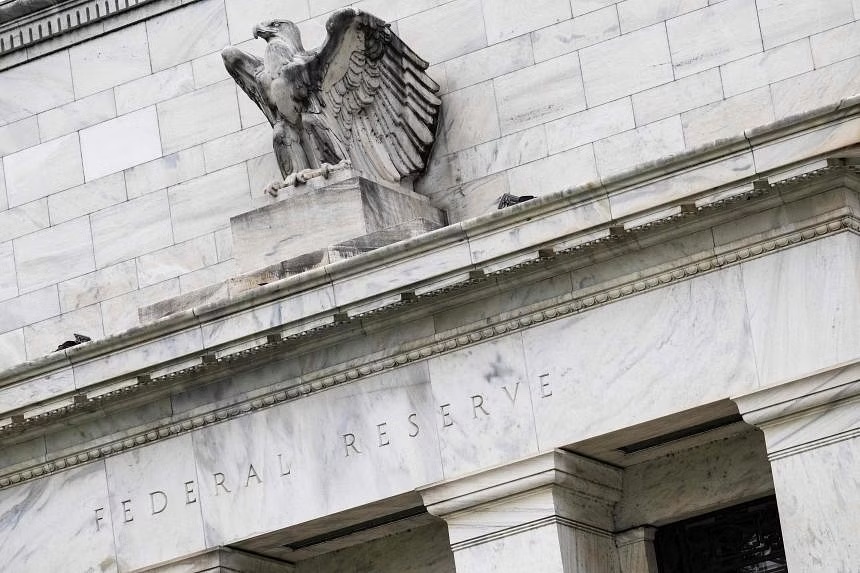US inflation slows down, signals good news ahead

The latest US inflation report brings a wave of optimism, showing that inflation might finally be under control. The Federal Reserve's preferred inflation measure suggests that prices have slowed down, hitting their 2% target.
This slowdown in the price rise, especially in goods and services, has surprised economists and forecasters. As a result, there's growing confidence that inflation will stay close to the target for the next six months.
This improvement means the Federal Reserve might lower interest rates soon. However, there are still some uncertainties, like changes in stock market prices and rent costs, but the overall outlook is positive and hopeful.
US eyes China's chip market, considers action against chip imports

The US Commerce Department is set to investigate how American companies use Chinese-made semiconductors. These 'legacy chips' might not be the latest technology, but they're crucial for many industries like cars and aerospace.
The US worries that China might dominate this market, just like it did with steel and solar. This study could lead to tariffs or other measures to limit Chinese chips in the US.
Meanwhile, the US is encouraging local chip production with big investments and plans to move away from Chinese chips in defense sectors. This move shows the ongoing tension in trade and technology between the US and China.
Elon Musk says too much indexing hurts innovation

Elon Musk, the well-known CEO of Tesla and SpaceX, has voiced his concerns about the US financial markets. In a conversation with Cathie Wood of ARK Investment, Musk expressed frustration over the pressures public companies face, like the need to constantly impress shareholders and cope with heavy regulations.
He also mentioned how passive investing is creating market volatility. Musk feels these pressures can hinder a company's efficiency and long-term vision. He compared the flexibility of keeping SpaceX private to the challenges faced by Tesla as a public company.
Musk's comments reflect ongoing debates about the effects of passive investing on market dynamics and innovation.


